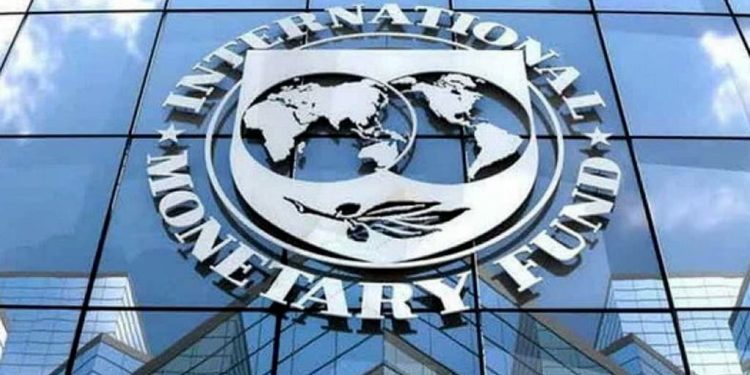The International Monetary Fund (IMF) has established a one-year funding program called the Food Shock Window under its emergency financing instruments, the Rapid Credit Facility (RCF) and Rapid Financing Instrument (RFI), to help countries deal with severe food crises, Kenya being one of the beneficiaries.
After grants and preferential finance for certain nations, the Food Shock Window initiative will offer an extra line of defense against the impending food crisis brought about by the ongoing conflict between Russia and Ukraine and coronavirus economic shocks.
Read: President Ruto Meets Development Partners In Response To Drought Crisis
The new IMF program however comes with several requirements that countries must complete before receiving the cash. One of the conditions is that a nation must demonstrate that the shocks in food import prices are having a negative balance of payments impact of 0.3% of its GDP (GDP).
Another condition is that a nation must experience negative shocks to its exports of wheat which equal to 0.8 percent of GDP. Due to tax reforms being implemented by the Kenya Revenue Authority, the IMF stated in its report from April that Kenya had met its fiscal goals and was firmly on a lower trajectory for debt as a percentage of GDP (KRA).
Read: Deloitte Forecasts Dip In Kenya’s GDP In 2022












